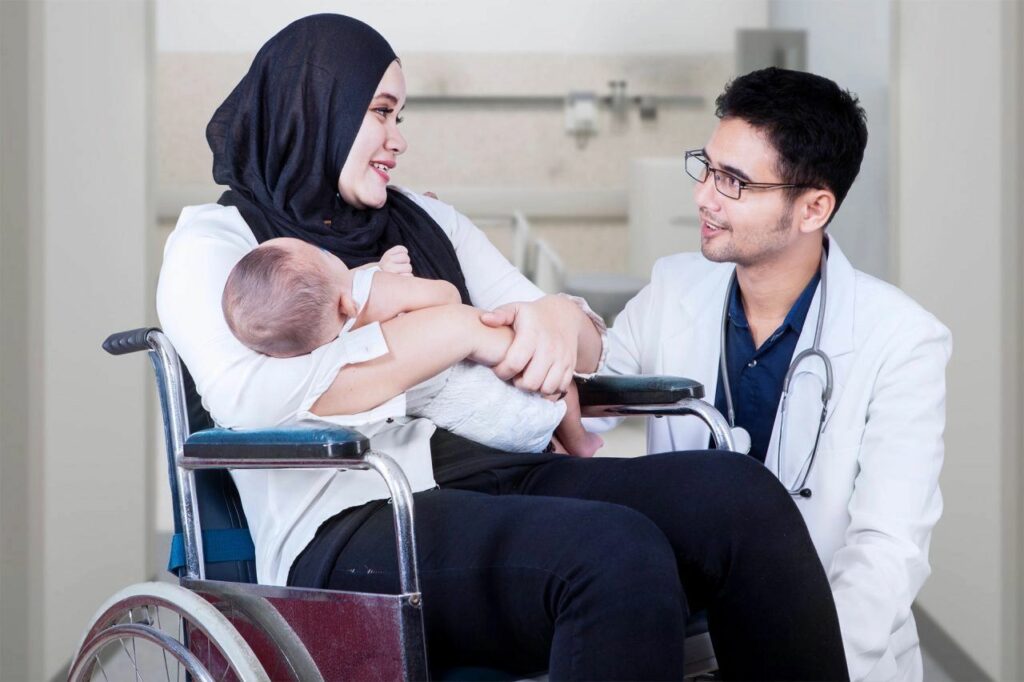Understanding maternity negligence
Medical mistakes made whilst caring for a pregnant lady or during labour can have a devastating effect on the lives of both mum and baby.
Doctors and midwives can be negligent if they fail to follow proper procedures or if they make a mistake. Sometimes, labour wards are under- staffed or training has not been properly given and that can lead to negligence too.
Some examples of maternity negligence include:
- mistakenly performed episiotomies or mistakes in suturing them
- errors in the management of pre-eclampsia
- excessive haemorrhage/postpartum haemorrhage
- failure to deliver the placenta/retained placenta
- bladder and bowel damage as a result of a mismanaged labour
- failures to detect or delays in detecting an ectopic pregnancy or misdiagnosed miscarriage
- failures in advice around caesarean and vaginal deliveries and risks involved
- harm to mum due to failure to admit to the maternity ward
- birth defects and wrongful birth
- stillbirth and neonatal death
- fertility / IVF negligence
- OASI Injuries
We have also helped women who suffered harm following failures of healthcare professionals to follow guidelines around to pre-existing conditions or obstetric complications.




















